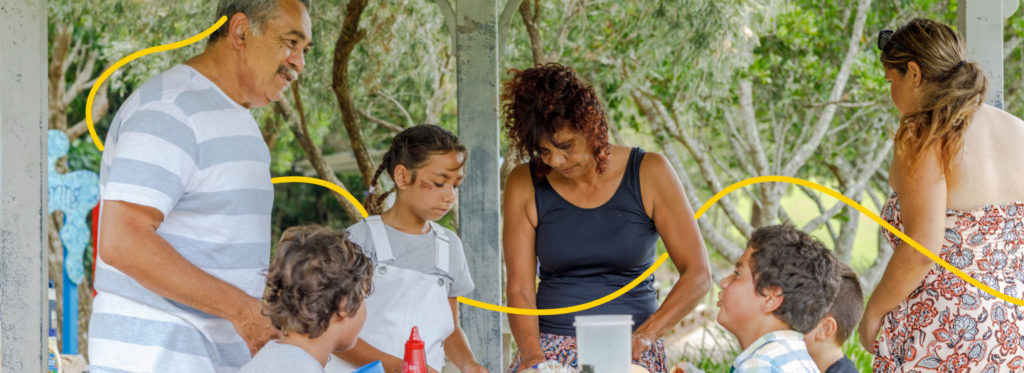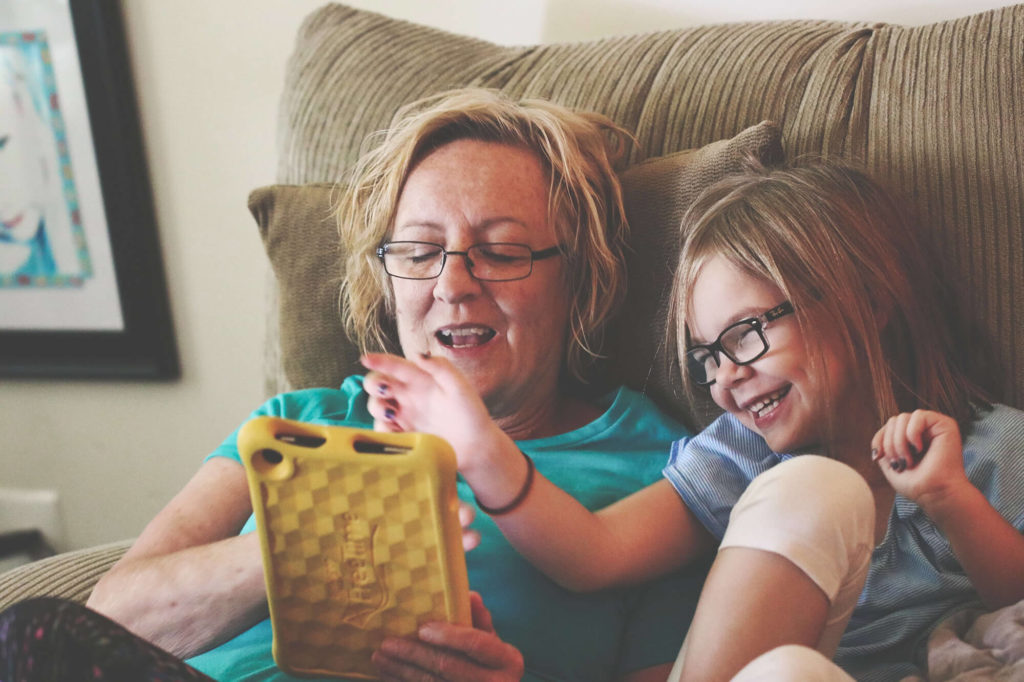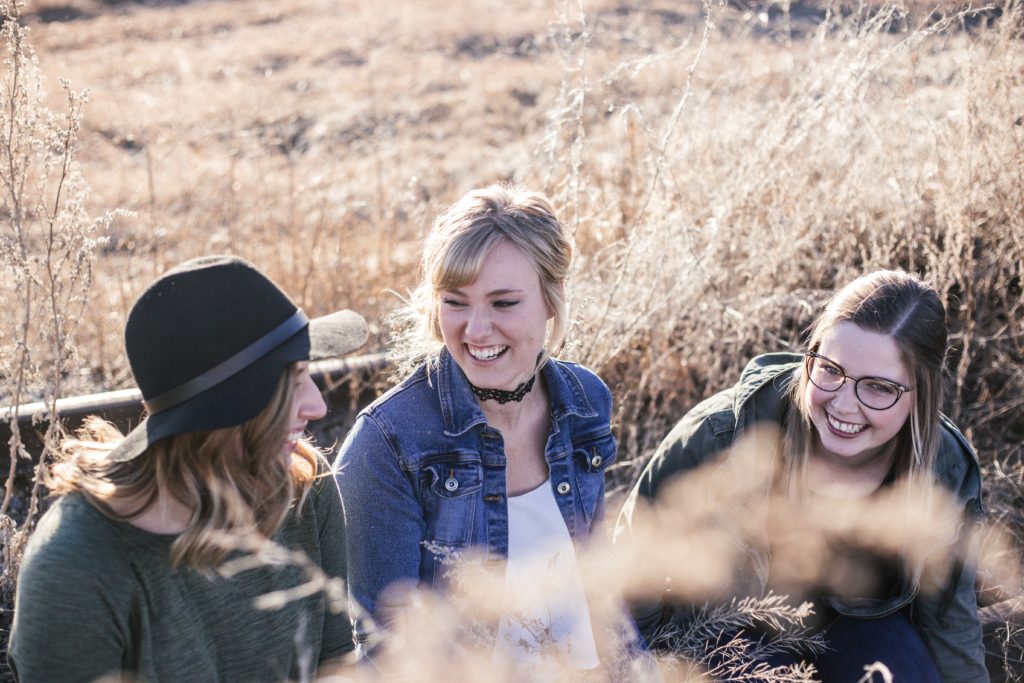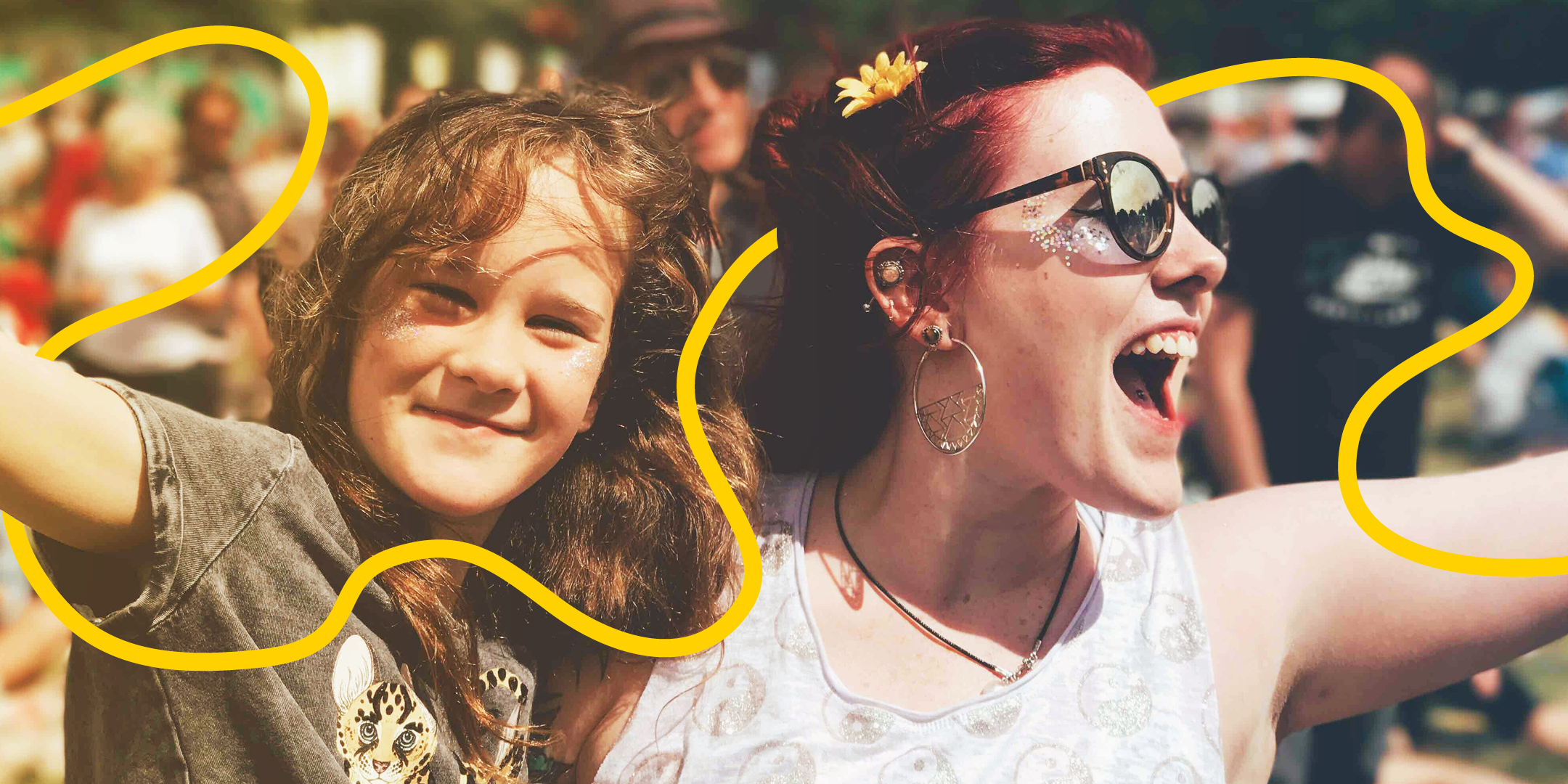Seven questions to ask yourself about foster caring
Making the decision to become a foster carer is a life-changing one. After you've gathered all the information you need to decide if it's the right decision for you and your family, you might want to consider how it will impact your family, support network, your lifestyle and what capacity you have to welcome a child or children into your home.
You may like to consider some of the following questions to work out if foster caring is right for you.
1. Do you have a supportive network of family and friends?
It’s important that you have the support of your family and friends. People close to you who you can call on during the stressful times and gain support.

2. What are your work and personal commitments?
It’s best to consider the time you have available and the flexibility of your schedule. You can still have a job and be a foster carer.
For instance, if you work full time, it might be best to care for children that are of school age or consider short break (respite) care.
If you're at home full time or a retiree, a younger child that is not yet in kindergarten or daycare full-time will benefit from your time and care.
Most children in care will have regular contact with their parents and family to ensure they stay connected and maintain a relationship with them. You’ll need to be available to support your foster child before and after their visits. There may also be court and other appointments they’ll need to go to during their time with you.
3. Are you in good health?
It’s important that you evaluate your personal health, and consider your medical needs that may impact your ability to care for children. If there's anything that's concerning you, speak with your general practitioner about your interest in foster care and seek their opinion.
A health and wellbeing questionnaire will form part of your application and if requested by the Department of Child Safety, a general practitioner report will also need to be completed.
There are many ways to get involved and support a foster child, check out our article here on other ways you can help.

The role of caring for children is an extremely rewarding and fulfilling experience.
4. What’s your financial situation like?
Foster carers receive a fortnightly reimbursement for the cost of caring for a child, however, sometimes you'll be out of pocket due to delays in payments. Therefore, it's important to ensure you can meet any urgent need if this situation does arise.
Child related costs need to be part of an approved case plan or placement agreement.
The fortnightly caring allowance covers day-to-day clothing, footwear and personal care items. Additional payments are determined on a case-by-case basis.
To learn more about the financial support available for foster carers, check out our You Be You FAQs here.
5. If you have children, how do they feel about foster care?
It’s important to consider how fostering will affect each family member and your existing family dynamic. Your children will also be sharing their home, their toys and your time. Ask them how they feel, and listen to what they say.
It’s also a good idea to explain to your family the important role of foster families in the community, how fostering works and how you will be helping a foster child by sharing your home so they can eventually return to theirs.
With each foster child there will be challenging times and joyful ones.
Foster children arrive in care for many different reasons. Sometimes it’s due to neglect, abuse or trauma. As a carer, you’ll need to be prepared to help manage the child’s feelings and emotions.
Supporting and educating your own children to help them understand any behavioural or emotional issues that the foster child may be dealing with is also part of the process.
When you open your home and heart to a child in need, you'll help them heal and rebuild the loss of trust they may have in adult figures or their parents.

6. Are you prepared to help your foster child after traumatic events?
We provide ongoing training programs, resources and access to wider community groups to support you on your foster care journey.
7. Do you have a big heart?
Are you keen to make a difference to a child’s life? Are you committed to celebrating their milestones and being a role model for what a healthy family relationship looks like?
If you’ve answered yes to these questions, foster caring may be right for you. Take our quiz to find out if you may fit as a foster carer and what the next steps look like.
You Be You is empowered by Anglicare Southern Queensland. For over 30 years, our dedicated foster care team has been helping people just like you to make a real difference to the lives of kids in foster care.

